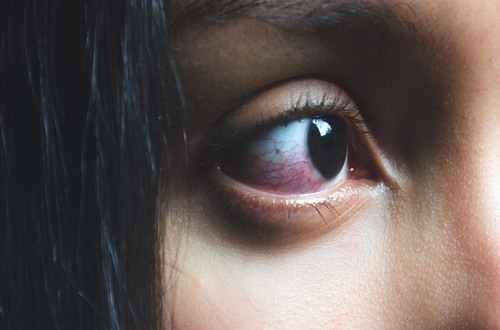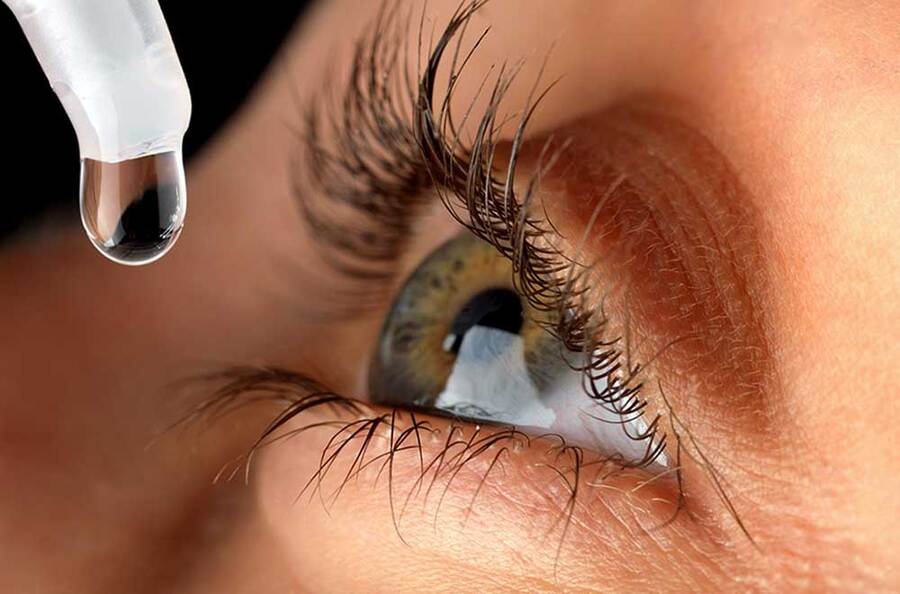Kaziwa Rashi
The eyes consist of several parts, the most important of which are the "pupil and conjunctiva, the mirror, the retina, the macula, and the optic nerve". All work together to convey the scenes to the human brain.
Some important information about eye health you should know:
1. When something falls into your eyes, do not touch it because itching will cause the object to settle in the eye, so close your eyes for a while until tears fall into your eyes and the object comes out of your eyes.
2. Those who wear glasses a lot should put them off every 30 minutes while working and close their eyes to rest.
3. When your eyelids are red due to polluted air while traveling, do not apply anything, mix salt and water and then wash your eyes with it.
4. Never try to look at the sun, a fireplace, or a bright light bulb for a long time because it hurts your eyes and some doctors say it shortens the life of the eyes.
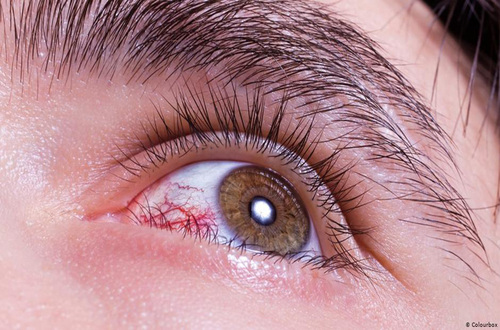
What are the most common eye diseases?
White water:
Cataracts are blurring of the lens behind the pupil that collects light. It focuses on the retina, the person has poor vision during the day, and at night things are scattered in front of him and he sees several pictures of things at the same time.
Blackwater:
Eye pressure, which is normal at 2-9, rises slightly in the morning and falls in the evening. The water that forms in the eye is filtered by a place in the eye. When there is too much water, the filters become clogged and narrowed or inflamed, and the levels rise uncontrollably. If it rises above 20 levels, it affects the optic nerves; it weakens them and causes their death, but there is no complete cure for Blackwater.
Strabismus:
The rotation of the conjunctiva or pupil is either outward or inward. Many babies are born with eye muscle weakness caused by a hit with something. Most children with this condition are due to an imbalance in the level of their eyes, one eye being higher than the other, but it can be treated with glasses or surgery, especially if the defect is detected from childhood.
Farsightedness and nearsightedness:
A farsighted person can see things from a distance and things fall behind the person's retina, but the nearsighted person sees things closely. Image fixation is located in the front of the eye, which is common in children. These two types of eye diseases can be prevented by wearing glasses.
Blocked tear duct:
There are some tubes in the body, including the eye, that open spontaneously, but in the eye sometimes, and in some people, they open later or depending on the shape of the hole in the person's eye; this is more common in children and can be treated by their parents using massage as prescribed by the doctor.
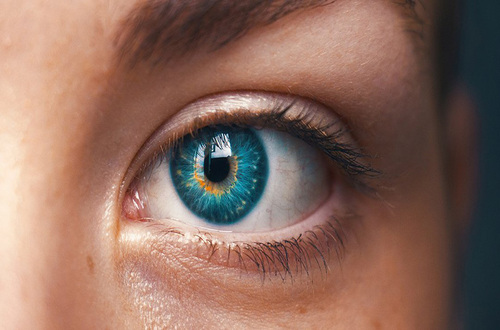
Some information about the eye you may not have heard before:
1. The eye sees only three colors, red, blue, and green, and the other colors are due to the combination of the three colors.
2. The eye muscles are the fastest in the human body, with each blink lasting about 100 to 150 milliseconds, allowing you to blink five times per second.
3. Every child born with natural color blindness means that they cannot see all colors. There are many colors they cannot distinguish, for example, they see yellow and red the same way. One in 12 adult males worldwide has color blindness.
4. People see with their brains, not their eyes. Often, blurred vision is caused by the brain, not the eyes.
5. Only 2% of the world's population has green eyes.
How to keep our eyes healthy?
Parents should not allow their children to use too much technology and electronic devices. For those who use computers regularly, they should rest for 20 seconds every 20 minutes and look far, or wear special glasses. They should also blink regularly and avoid using electronic devices in the dark, as research has shown that working in the dark is three times more harmful to the eyes than working in the light.
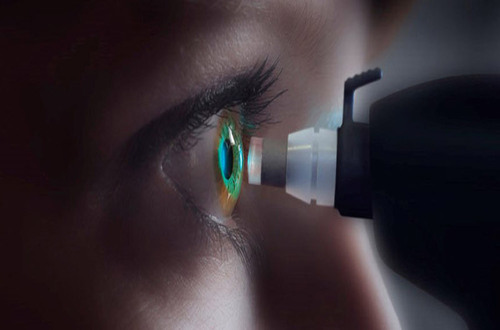
What types of foods are good for eye health?
To protect the eyes from weak eyes, farsightedness, and other problems, research suggests several foods that we should not forget to eat regularly so that our eyes always remain healthy and never need glasses. They are:
1. Fish
Especially tuna, sardines, and mackerel, protect the eyes from age-related degeneration, and omega-3 fatty acids in fish oil help strengthen the membranes and retina, so eating fish twice a week is very important.
2. Carrots
Carrots are very beneficial for the eyes because they contain a lot of nutrients, especially vitamin A, which protects the eyes from night blindness (nyctalopia), as well as beta-carotene, which strengthens the retina and prevents it from weakening.
3- Garlic
Garlic is essential for eye health because of its high content of sulfur and lysine, both of which protect the eyes from cataracts and vision loss.
4. Wild berries or blueberries
Blueberries strengthen the eyes due to the presence of lutein, which protects the eyes from harmful sunlight and strong light.
5- Nuts
Almonds, pine nuts, spruce, hazelnuts, walnuts, and pistachio are rich in fatty acids such as omega-3 fatty acids and vitamins and minerals that protect against dryness and various diseases and help vision.
6- Vegetables
Research has shown that vegetables, especially lettuce, spinach, celery, arugula, and broccoli strengthen the eyes because of their high content of antioxidants such as lutein, and zeaxanthin, which protect the eye from retinal destruction and mirror blurriness.
7. Potatoes
Potatoes are rich in "vitamins and minerals" in addition to beta-carotene, which helps strengthen eye muscles.
